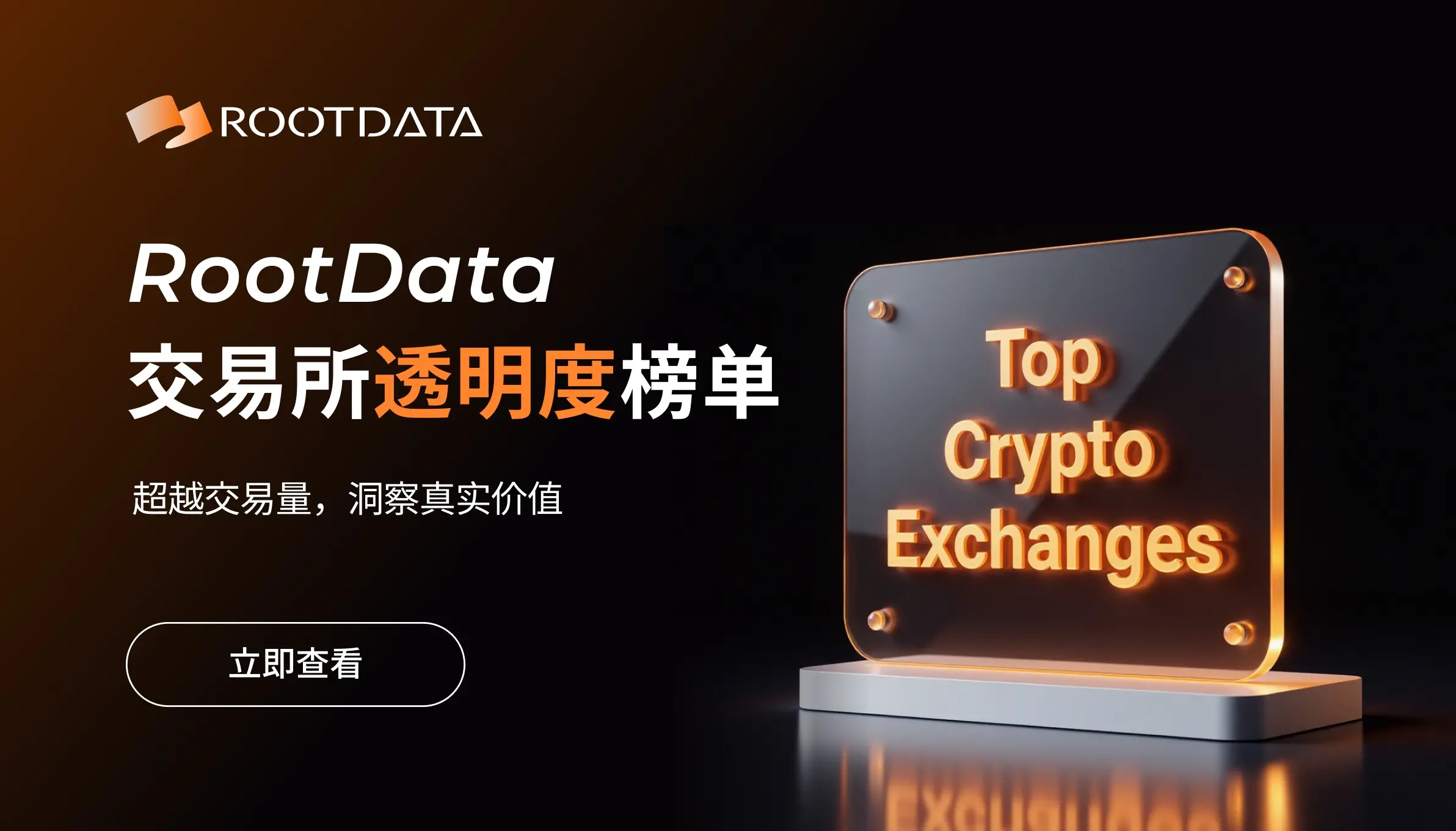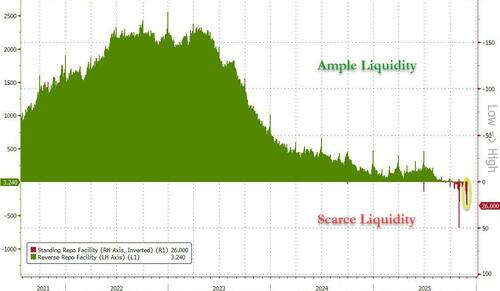South Korea will begin implementing the OECD’s crypto asset reporting framework (CARF) next year. The framework allows for the exchange of virtual asset transaction information with countries around the world under the OECD reporting system.
According to an exclusive report by Nate, the OECD’s framework will allow data on foreign investors who buy and sell Bitcoin and other crypto assets on Korean exchanges such as Upbit and Bithumb to be shared with overseas tax authorities. Additionally, details of Koreans trading on overseas platforms will be reported to the National Tax Service.
Upbit and Bithumb to share customer data under the OECD framework
The Ministry of Strategy and Finance confirmed that the administrative regulations surrounding the Crypto Asset Reporting Framework (CARF) will be delivered this month. The Organization for Economic Co-operation and Development (OECD) developed CARF to prevent offshore tax evasion and increase transparency in the decentralized finance system. During the OECD Global Forum in 2023, 48 countries signed an agreement, including the U.S., the UK, Germany, and Japan.
The OECD reporting system will allow tax authorities to identify and trace offshore activities without relying entirely on voluntary declarations. Koreans are required to report overseas financial accounts exceeding 500 million won. The rule covers deposits, securities, and virtual assets. According to an exclusive report, the total amount of declared overseas virtual assets in 2025 has reached 11.1 trillion won, an increase of 700 billion won from last year. However, CARF will cover all transactions regardless of the amount.
The Korean government confirmed that the information collected next year will be included in the first exchange cycle in 2027. Some officials urged the government to treat CARF participation following international laws separately from domestic taxation. The taxation on digital assets in South Korea remains postponed until 2027, while other countries, such as Germany and the U.S., are already imposing taxes on digital holdings.
The OECD joint statement , written in November 2023, insisted that widespread adoption of CARF is required to prevent tax evasion and ensure consistent fairness in global tax compliance. All the signatories pledged their duty to move the framework into domestic law. The countries also agreed to activate the exchange agreements before the due date for data sharing in 2027.
South Korea pushes for digital finance transformation under the OECD framework
Hong Kong also joined the OECD’s framework last year, as reported on Cryptopolitan. The country scheduled its first automatic exchange of crypto tax data for 2028 and will begin its legislative amendments in 2026. China has been practicing annual financial account information exchange with tax jurisdictions worldwide since 2018, including data on foreign bank accounts, which tax authorities use to uncover hidden income. The Chinese territory has already adjusted its crypto regulation frameworks with new anti-money laundering and licensing requirements for digital asset providers.
South Korea passed its tokenization law last month to legalize and adopt tokenized securities as part of its wider financial reform agenda. The reforms followed President Lee Jae-Myung’s election in June, who pushed the digital asset agenda with bipartisan consensus from the Token Securities Act.
The tokenization law updated the Electronic Securities Act and the Capital Market Act, which recognize blockchain as a valid system for record keeping and paved the way for the broad issuance of security tokens in the country. The push to join the OECD framework and the passing of the tokenized securities and stablecoin legislation reflect a strong bipartisan drive to transform Korea’s digital finance market.
KEY Difference Wire helps crypto brands break through and dominate headlines fast




